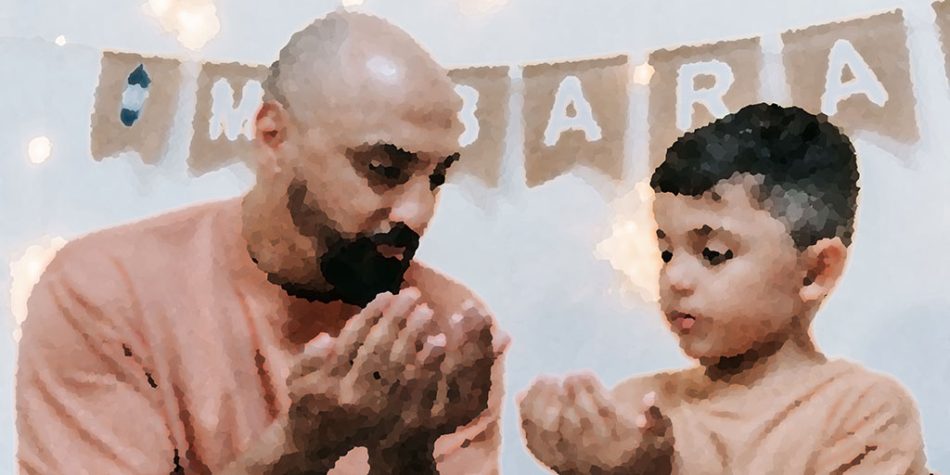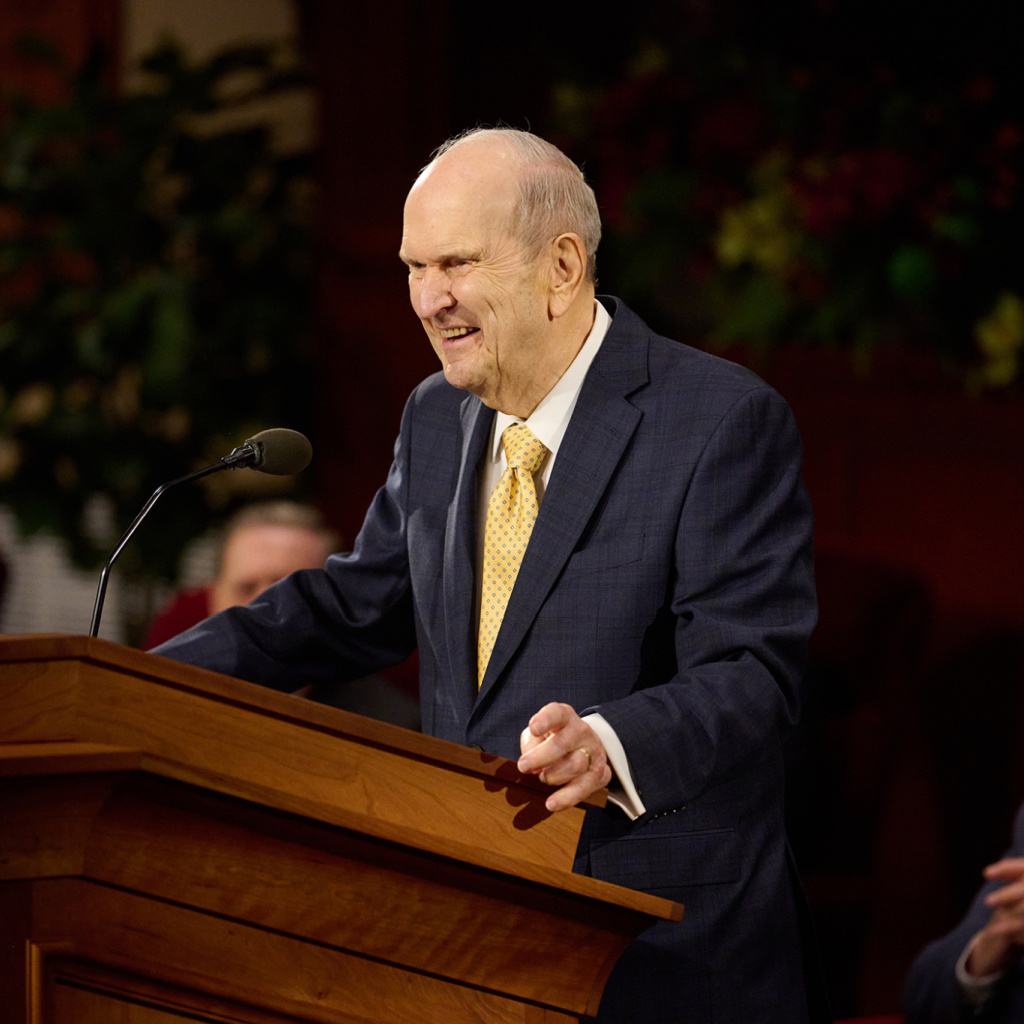For more on our work with families and friends of other faiths, please see our American Families of Faith website, our recent book, Strengths in Diverse Families of Faith, and/or our American Families of Faith podcast series available at most hosting platforms.
A Christmas Carol, by Charles Dickens, contains a wealth of wisdom in human character and transformation. Newfound generosity, empathy, and compassion emerge as delightful Christmas gifts following Ebenezer Scrooge’s transformation—along with one easily overlooked virtue: humility. Before his eventful night begins, Scrooge is full of pride and self-interest. By the time morning light breaks, he is jumping from bed in order to humbly respect, serve, and connect with the people in his life. He transforms from a lonely and arrogant man to someone who humbly cherishes his relationships with “the least of [his] brethren” (i.e., “Tiny Tim” Cratchit).
As nice as it would be to find our own transformation in a one-night fantastical journey into our past, for most of us, the change happens more gradually and without so much obvious hand-holding from ghosts. Albeit far less dramatic, many have found the sincere observance of religious rituals and practices equally transformative in their ultimate impact on our souls.
“I need help in my life. I can’t do this by myself.”
Over the past two decades, researchers at the American Families of Faith national research project interviewed about 200 religiously strong and racially diverse families of various faiths from all regions of the United States. Many of the families mentioned that religious rituals and practices such as prayer, an attitude of gratitude, fasting, studying scriptures, and participating in worship service helped to humble them and to remind them of God’s sacred importance and their relationships with others.
In particular, this humility they developed through actively living their religion subsequently affected them in other ways, especially in their familial relationships. Below are some of the findings from the original article published in the Journal of Family Psychology, written with our colleagues Joe Chelladurai and Heather Howell Kelley, entitled, “Humility in family relationships: Exploring how humility influences relationships in religious families.”
Participants reported that prayers of gratitude helped them be thankful and live in humility. A Muslim mother named Iram (to protect privacy, all names are pseudonyms) said the following:
In our prayers, there’s a part where we thank God, and I try to think of something new to thank Him for every day. It’s amazing when I start thinking. … It makes you more humble. It makes you more appreciative. It makes you want to give back…. It makes you want to do good for someone else.
Another Muslim wife and mother spoke of the gratitude they feel when they see their children humbly credit God for all the good things in their lives. Banafsha told us:
I cannot thank God enough for what I see in my children. I don’t like to say this is public, but there is one thing they all have: when something good happens, they always say, “Alhamdo lillah. Thank God].”…They always say that. We taught them, and they learned it, and they mean it. I think that is the most important thing. I would like to see them remain humble, and they are at this point.
This family, and many others we interviewed, expressed gratitude through prayers, which helped them recognize the divine origin of their blessings and continue in humility and gratitude.
Others also described the humility that develops when observing the religious practice of fasting combined with prayer. A Seventh-day Adventist family discussed the religious practice of fasting and agreed that it humbled them individually and helped them grow closer as a family. They explained,
Wes, 18-year-old son: [Fasting] kind of, for some reason it does, I think, make your family get closer, ‘cause you’re all, basically, just complaining.
Liz, 14-year-old daughter: Suffering together.
Aubrey, 20-year-old daughter: [But] if you’re complaining, as Mom used to say, you’re still not hungry enough, because—
Ed, father: You’re not humble enough.
Aubrey: Or humble, right? But, usually, the humbleness and the hungriness coincide.
Ed: That’s exactly right.
Aubrey: [Fasting], it’s basically to humble yourself and to … become at one with God. … It made me feel much more humble at the end of the day.
Wes: And getting closer [to each other].
Other participants we interviewed discussed the combined effect of studying scriptures and attending religious services. A couple who are members of The Church of Jesus Christ of Latter-day Saints described how religious practices like worship services, prayer, and scripture study fostered humility and encouraged closeness within their family. Although the interviewer never directly inquired about humility, this couple mentioned humility several times in their discussion.
Stuart (husband/father): I know there have been several times where before we take the sacrament, [preparing] will humble us. It’s not because of a sermon, but it’s because of this individual [reflection] and [you] humble yourself, and you think, “How can I be upset with Charlene when the Savior sacrificed his life for us?” And so it humbles you, and it makes you realize that little thing that we were arguing about at home isn’t that important in the whole scheme of things. It’s more important to forgive and to move on and have a strong relationship
Charlene (wife/mother): When [I] go in the temple … it makes me feel more calm, and I relax about the cares that I have … including relationship issues. And it humbles me and makes me a little more open … to resolving issues or figuring things out together.
Stuart: I think it just gives you a sense of humility and like she said, peace. It helps you put things into perspective. When you’re caught up in the day-to-day stuff of the world, I think you tend to maybe focus … on yourself, thinking about “What do I need to do, what do I want?” And when you’re in a situation … where you’re focused on spiritual things, it helps you think more about other people and what you should be doing to help others, especially your wife … I think religion as a whole helps you to not be selfish.
Charlene: Two things I wanted to add is when we have our scripture study together and prayer together, it makes me feel so much closer to him, and we’re doing that regularly.
Interviewer: What is it about reading scriptures and having prayer together that tends to … make a difference?
Charlene: I think it always seems to go back to humility; I think that’s why. When you read your scriptures together, basically, what you’re saying is, “I need help in my life. I can’t do this by myself.” And when you kneel to pray to Heavenly Father, there’s a form of humility there, and you’re opening up a door saying, “Any help we can get, [please send it].” We know that we need to improve and that we can be better. So it just kind of adds that dimension.
Stuart: I think that when I am closer to God, I’m more humble and less selfish and I kind of keep going back to those things, but I think that when I’m more that way, our relationship is better. I’m more humble, more teachable.
Humility is a foundational teaching in nearly all major religions—showing up as it does throughout many sacred texts and playing a part in many associated beliefs and practices. Indeed, many religious practices and rituals are specifically recommended to promote and maintain humility (Hook & Davis, 2014). The families we interviewed saw how religious rituals and practices promoted humility within themselves and their families. Prayer, gratitude, fasting, scripture study, and participating in worship services also encouraged families to adopt more self-examination and patience with personal and familial flaws.
Thus we can see it doesn’t take a dramatic, life-or-death moment where we hit rock bottom—or experience shocking revelations—to bring us to see life truthfully. Even without the ghostly guidance Ebenezer Scrooge received, these faithful and diverse families were able to cultivate humility through the normal, day-to-day pursuit of religious practices and rituals.
















